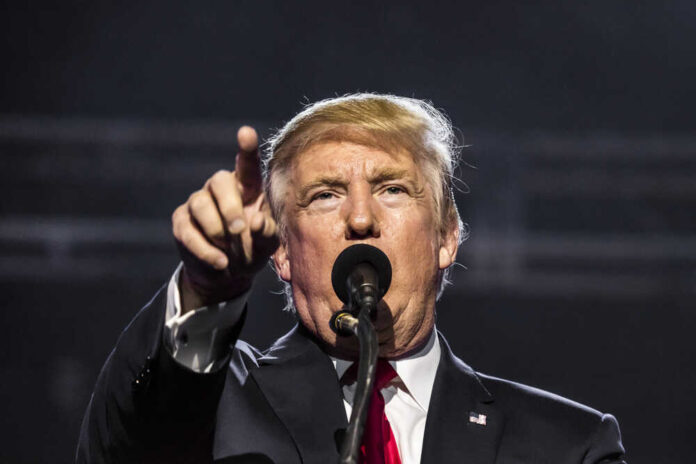
The Trump administration is delivering on promises to cut government waste by axing electric vehicle tax credits in its landmark “One Big Beautiful Bill Act.”
Senate Republicans passed the bill on July 1 with Vice President JD Vance casting the tie-breaking vote, marking a significant victory for taxpayers burdened by funding handouts for wealthy EV buyers.
The legislation eliminates the $7,500 new EV credit and $4,000 used EV credit by September 30.
The Senate’s version of the bill ends the controversial EV tax credits about three months sooner than the House version, which would terminate the incentive 180 days after the bill is signed into law.
President Trump has set an ambitious Fourth of July deadline for the bill’s passage, demonstrating his commitment to swift action on his campaign promises.
These tax credits, part of Biden’s 2022 Inflation Reduction Act, have been criticized for disproportionately benefiting wealthy Americans while adding to the national debt.
The credits allowed consumers to claim up to $7,500 for new electric vehicles and up to $4,000 for used clean cars costing $25,000 or less.
Senator Bernie Moreno underscored one of the most egregious aspects of the current system during debates.
“The Democrats gave that billionaire a check for $7,500. They say we’re helping billionaires, when they’re giving $7,500 checks to people who lease these cars. Sick,” Moreno stated.
He pointed out the hypocrisy of liberal policies that claim to target the wealthy while actually subsidizing their luxury purchases.
The American Energy Alliance, which has long advocated for free-market solutions, supports ending these taxpayer-funded subsidies.
Conservative lawmakers have pointed out that these credits artificially prop up an industry that should stand on its own merits instead of relying on government handouts.
The Senate bill goes further by ending the federal tax credit for commercial clean vehicles, which provided a maximum credit of $40,000.
This comprehensive approach to eliminating green subsidies reflects the administration’s commitment to reducing government spending and allowing market forces to determine which technologies succeed.
While EV advocates and manufacturers, such as Tesla, express concern about the bill, many conservatives view this as a necessary correction to level the playing field.
The market for electric vehicles has struggled, despite massive government subsidies, with EVs accounting for only about 2.1% of all vehicles on American roads. In the first quarter of 2025, EV sales actually decreased to 9.6% of new light-duty vehicle sales.
In addition, the bill represents a significant step toward fulfilling President Trump’s campaign promises to reduce government spending and eliminate wasteful programs.
By ending these subsidies, the administration is allowing American consumers to make vehicle choices based on their actual preferences rather than artificially inflated incentives.
While the legislation still needs to be reconciled with the House version, its passage in the Senate signals strong momentum for the President’s economic agenda.
Patriots across the country are celebrating this victory for fiscal responsibility and common sense as the administration continues to dismantle the previous administration’s costly green agenda.



















